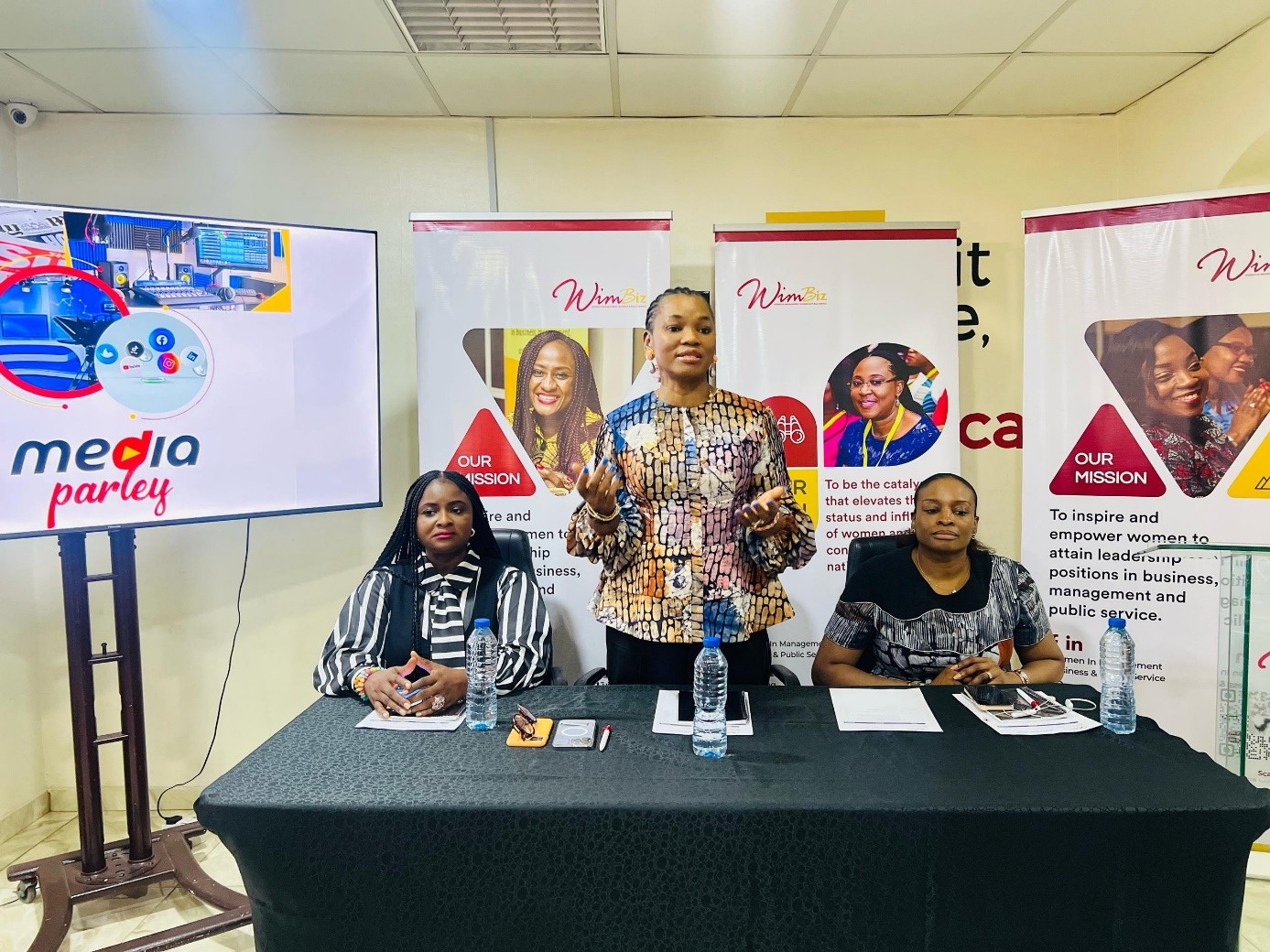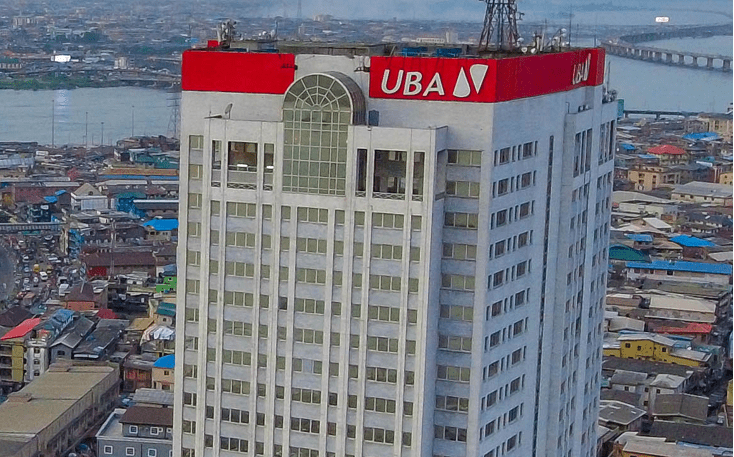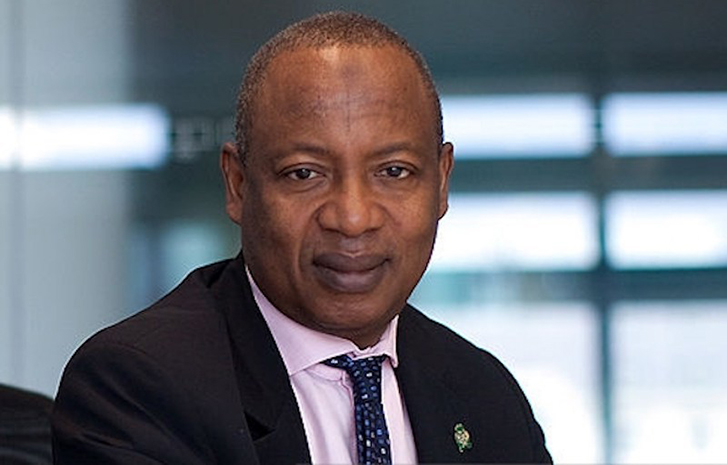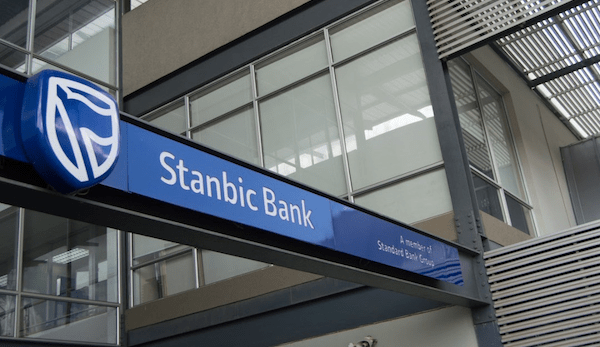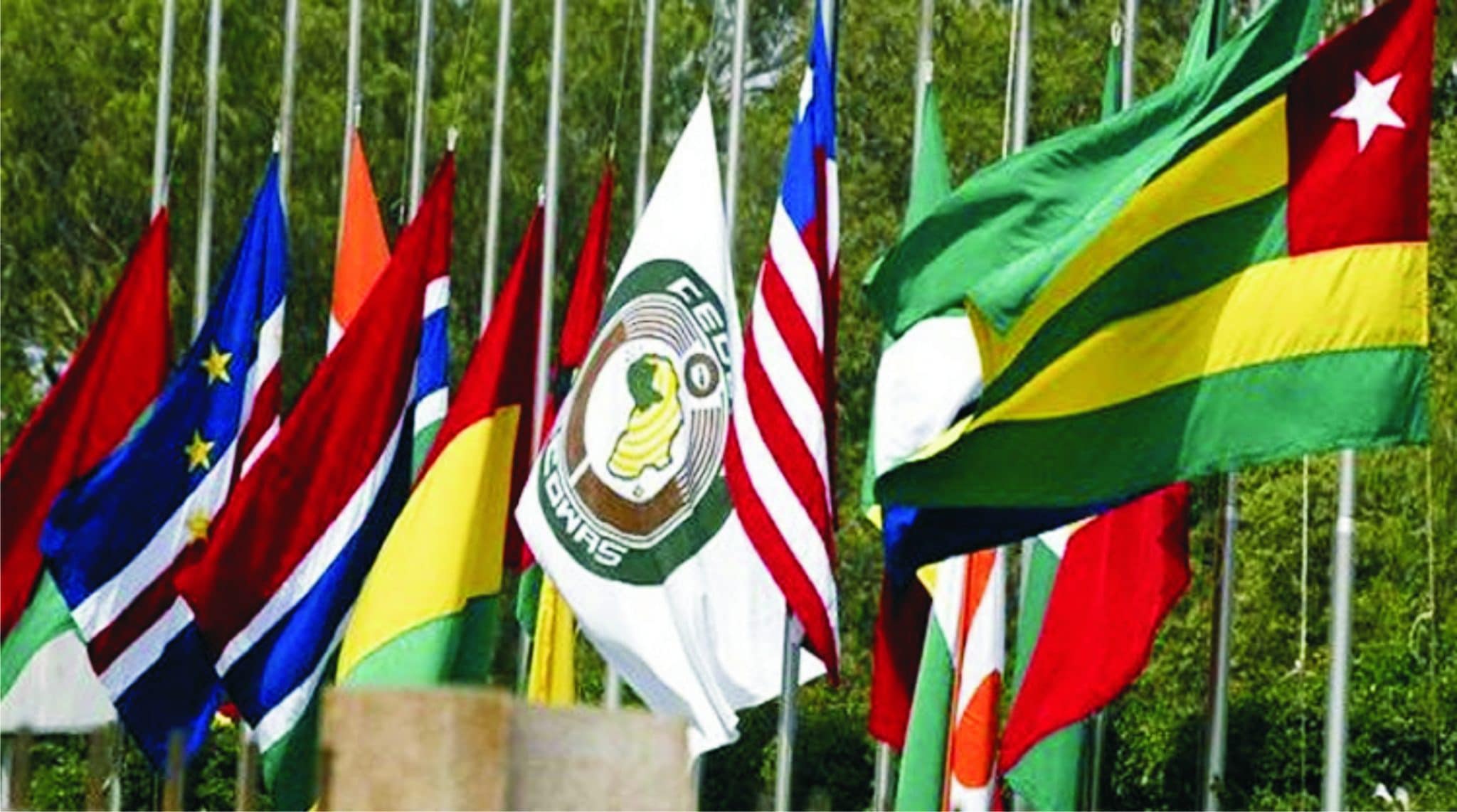Bennett Oghifo
The Manufacturers Association of Nigeria (MAN) has called on the federal government to institute a more inclusive and supportive Nigerian Automotive Policy that not only champions local content and indigenous brands but also intentionally includes all sub-sectors of the automotive value chain, including motorcycles and tricycles.
The Director General of MAN, Segun Ajayi-Kadir gave the advice in his keynote address, during the annual general meeting (AGM) and election of new executives of the Motorcycle Manufacturers Association of Nigeria (MOMAN) in Lagos, recently.
The Direct General of the National Automotive Design & Development Council (NADDC), Joseph Oluwemimo Osanipin, was present at the AGM of MOMAN, a key stakeholders in the country’s motorcycle and 3-wheeler industry.
Segun Ajayi-Kadir described the gathering as both a statutory engagement and a strategic forum that represents the voice, vision, and vitality of a sub-sector that is critical to Nigeria’s industrial growth and mobility ecosystem.
The MAN DG extolled the various moves by the NADDC to move the automotive industry forward and commitment to the development of Nigeria’s auto sector within the past 18 months Osanipin assumed office as the director general.
Segun Ajayi-Kadir said, ”Since you assumed office, we have witnessed renewed energy in policy conversations and programmatic interventions aimed at repositioning the industry. We commend your valuable contributions thus far.”
These segments are pivotal to transportation, employment generation, and value addition in Nigeria, he said.
The motorcycle and tricycle sub-sector, he said has proven to be not only resilient, but remarkably pivotal in closing Nigeria’s mobility gaps, urban and rural alike.
According to him, MOMAN’s ingenuity powers first and last mile transport, generates employment, and enhances access to goods and services nationwide, adding that under the leadership of Olusegun Adekoya as Chairman, MOMAN has deepened its voice in national industrial discourse.
He commended efforts in sustaining production, creating jobs, and navigating the regulatory and infrastructural hurdles that continue to challenge their operating environment.
He called on the entire industry sector players to embrace the evolving demands of the time, shaped by the global sustainability trends, rapid digitalisation, and the growing imperative for local content development.
The MAN DG said, “As we move forward, let us not merely react to the future; let us shape it. I charge the incoming executives to seize this opportunity to reimagine the future of motorcycle manufacturing in Nigeria by prioritizing innovation, deepening sectoral and subsectoral collaboration, and amplifying your collective voice within MAN and across national platforms.”
He charged the incoming executives to not only engage policy stakeholders but also to drive strategic investments, build local capacity, and open up new frontiers for growth in the vital sub-sector.
He said, “MAN stands firmly with you in advocating for policy reforms that encourage component localization, protect domestic assembly from the pressures of unchecked imports, and create an ecosystem where indigenous manufacturers can thrive.
“We will continue to engage government agencies like the NADDC to push for a fairer, more enabling policy and regulatory environment.”
The Director General of the NADDC, Osanipin said motorcycle assemblers must prioritise mass investment in local content to truly unlock the sector’s potential and ensure its enduring growth, stating that a paradigm shift towards local components production was not just desirable but essential.
Osanipin said the theme of address, “Local Components Production as the Key to Sustainable Growth of Nigeria’s Motorcycle and 3-Wheeler Auto Industry,” resonates deeply with the core mandate of the NADDC.
According to him, “This is not just a topic for discussion; it is a call to action, a roadmap for the future of this vital sector.”
The motorcycle and 3-wheeler industry, he said, occupies a unique and crucial position within Nigeria’s transportation ecosystem.
“It provides affordable mobility for millions of Nigerians, facilitating trade, commerce, and access to essential services, particularly in areas where conventional transportation is limited. The sector’s significant contribution to our national economy is deeply acknowledged.
“However, the current structure of the industry, characterised by a heavy reliance on imported components, presents a significant challenge to its long-term sustainability and resilience.”
This dependence, he regretted exposes the industry to vulnerabilities such as foreign exchange fluctuations, supply chain disruptions, and a lack of indigenous technological development.
Achieving these milestones requires an increase of local content in the manufacturing of motorcycles and 3-wheelers to catalyze a chain reaction of positive outcomes, Osanipin said.
The guest speaker Mr. Robert Ugbaja, Esq., Chairman of the Motor Vehicle and Miscellaneous Assembly Sectoral Group of MAN, took stock of Nigeria’s automotive sector over the decades, saying there was still a lot to be done by the federal government to give the auto sector its pride of place as one of the key drivers and contributor to the national economy.
Executive Director of MOMAN, Rev Lambert Ekewuba, listed issues affecting the 2-wheeler and 3-wheeler market.
“One, there are many brief case importers who masquerade as Motorcycle Manufacturers but do not have the interest of developing the industry, their interest is just the immediate profit they make from the sales of motorcycles.
“Two. there are no strong advocacy from the association because the CEOs of the member companies are not showing much interest in the activities of MOMAN like attending meetings and lack of co-operation from every one to make MOMAN a better Association.
“Three, lack a strong voice for Motorcycles and Tricycles industry in Nigeria.”

